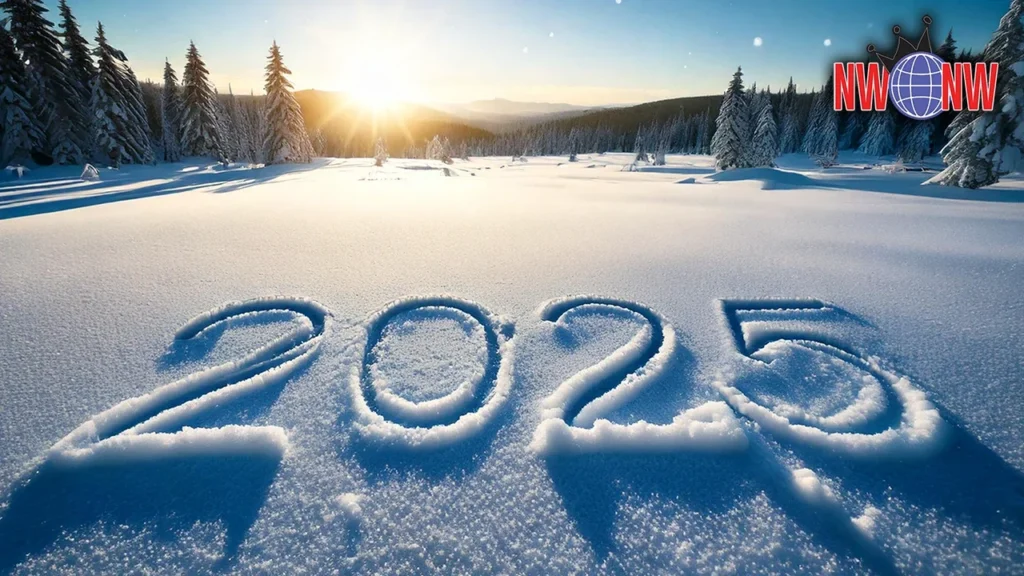New World Next Week: A Summary of Key Developments
In the latest edition of the #NewWorldNextWeek series from The Corbett Report and Media Monarchy, significant issues are highlighted, including the dynamics of modern news cycles, political maneuvers, and the state of societal responses to ongoing crises. One focal point is Media Monarchy’s projection for 2024, characterized by a 60/24 news cycle, suggesting an accelerated pace of news dissemination that could overwhelm public discourse and civic engagement. Current events, such as the apparent assassination attempt on former President Donald Trump, have sparked discussions around public safety and the contemporary climate of extreme political partisanship. This event, coupled with the deaths of both a bystander and the alleged perpetrator, illustrates the heightened tensions in America as we move into a contentious election season.
Further complicating the narrative are revelations emanating from interviews, such as a recent exchange between a 9/11 truther and former New York City Mayor Rudy Giuliani, raising questions surrounding the integrity of public figures and the veracity of public narratives. Media Monarchy’s reporting shows how these encounters shape the perceptions of truth in the political landscape and calls into question the impact of misinformation. Relatedly, the artistic parody of The Last Supper by protest organizers in Paris, which faced backlash from religious communities, is indicative of the cultural clashes that often accompany political activism. These incidents highlight the struggle over the meanings and symbols that define societal norms.
In the realm of finance, a noticeable rebound in gold prices post-election indicates the economic volatility amid political uncertainty, as evidenced by a reported $70 increase from previous lows. This economic landscape echoes previous predictions made by The Corbett Report regarding the failures and retrenchments of globalism. Observations about the current state of economic sentiment may correlate with public anxieties as people react to shifting political and global realities. With events like COP29—branded as a “meaningless ritual” by UN advisors—further illustrating skepticism surrounding climate initiatives, the interconnectedness of these elements suggests a growing discontent and disillusionment among citizens regarding systemic responses to crises.
The discussion around misinformation and disinformation also serves as a formidable backdrop to recent communications on health policy and regulation. The pandemic treaty negotiations in Geneva ended without a substantive agreement, marking a significant moment for those advocating for transparency and accountability in global health governance. In response to this perceived failure, advocates of the treaty have expressed disappointment, while opponents celebrate the outcome as a victory for sovereignty. This interplay between health and governance reflects a larger trend of citizens demanding clarity and ethical behavior from their leaders in light of recent public health emergencies.
Tellingly, incidents involving threats to health insurance executives, exemplified by graffiti and public outcry against practices like “delay, deny, depose,” reflect a frustration that has been brewing within communities heavily impacted by health care policies. Celebrations surrounding acts of political violence—or at least the culture surrounding them—suggest a troubling normalization of extreme tactics in public discourse, setting a potentially perilous precedent. The defense fund established for the suspected CEO killer, Luigi Mangione, and the subsequent look-alike contests held in New York illuminated the drastic lengths to which individuals might go to express their dissent, historically challenging the boundaries of political expression.
As the year closes, the predictions from Media Monarchy and The Corbett Report for 2025 signal an impending reckoning with foundational societal issues. Media Monarchy’s anniversary reflections and Corbett’s explorations on concepts of accountability within systems frame a conversation around the future direction of civil discourse, media integrity, and the mechanisms of power. The ongoing discussions promote the notion that independent media and community engagement are essential to navigating the uncertainties ahead. The emphasis on collaborative support for independent journalism underscores a collective push toward preserving the values of truth and transparency amidst an evolving media landscape where voices often vying for attention struggle to maintain relevance in a crowded and sensationalized space.

